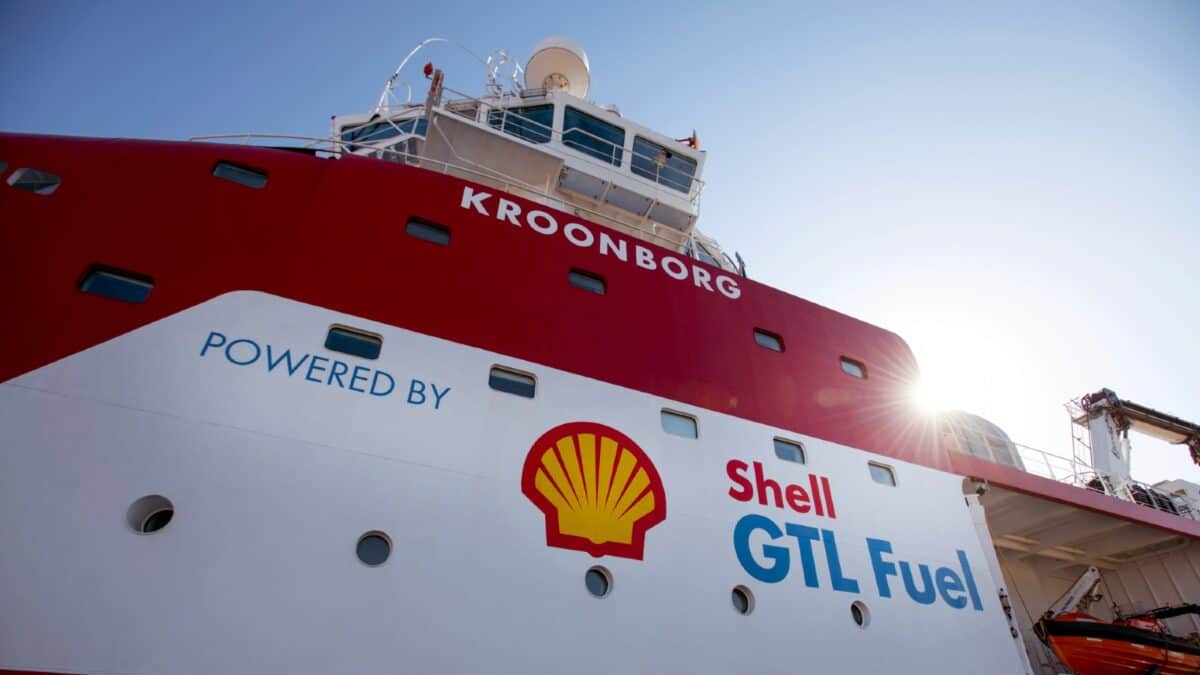
Image source: Olaf Kraak via Shell plc
In the energy sector, few companies are as massive or as closely watched as Shell (LSE: SHEL). As global energy markets continue to evolve, investors might be wondering if they should be keeping a closer eye on this oil and gas behemoth. Let’s dive into the numbers.
Recent performance
Flat performance in 2024 may have disappointed investors after a strong few years, where various geopolitical events sent energy prices higher, boosting the balance sheets of many in the sector.
Despite fairly underwhelming returns this year, there might still be a decent amount of value in the shares. The firm’s price-to-earnings (P/E) ratio of 11.4 times is worth noting. This is lower than the broader market average, and compares favourably to competitors like Exxon Mobil (P/E of 13.4) and BP (11.8). A discounted cash flow (DCF) calculation also suggests that the shares should be about 10% higher than the current price. Although, this is just an estimate, and potentially reflects a lot of the uncertainty in the sector.
Financial health
One of the company’s most attractive features is its dividend yield, which is at 3.42%. Moreover, a payout ratio of 42.4% suggests that the dividend is well-covered by earnings, indicating sustainability and potential for future increases.
The balance sheet appears robust, with $26.5bn in cash and $43.2bn in total debt. While the debt figure might seem pretty massive, it’s important to consider it in the context of enormous $501bn market capitalisation and its ability to generate cash flow.
Risks and challenges
However, investors must carefully weigh these positives against significant risks. The industry’s notorious volatility, driven by geopolitical tensions and fluctuating oil prices, poses ongoing challenges.
A substantial involvement in fossil fuels exposes the firm to escalating regulatory risks as global decarbonisation efforts intensify. This could potentially lead to stranded assets – oil and gas reserves that may become uneconomical to extract as the world transitions away from fossil fuels. While management is making strides in renewable energy investments, this transition requires substantial capital expenditure and faces uncertain returns, potentially impacting short-term profitability.
Climate change itself presents a dual threat: physical risks to global infrastructure from extreme weather events and rising sea levels, and potential legal liabilities as climate-related litigation against oil companies increases.
The cyclical nature of oil prices adds another layer of complexity. While high prices can boost profits, they also accelerate the shift towards alternatives, potentially undermining long-term demand. Conversely, low prices can squeeze margins and render some projects economically unviable.
Foolish takeaway
Shell offers an attractive dividend yield, a relatively low valuation compared to its peers, and has shown the ability to consistently beat estimates. However, the energy sector’s inherent volatility and the long-term challenges posed by the transition to cleaner energy sources are factors that shouldn’t be ignored.
For investors seeking exposure to the energy sector, particularly those interested in dividend income, Shell certainly warrants attention. Its financial strength and market position make it a formidable player in the industry. In the end, while Shell’s share price might not be making dramatic waves currently, the fundamentals suggest it’s a company that deserves a closer look. I’ll be keeping it on my watchlist for the foreseeable.












